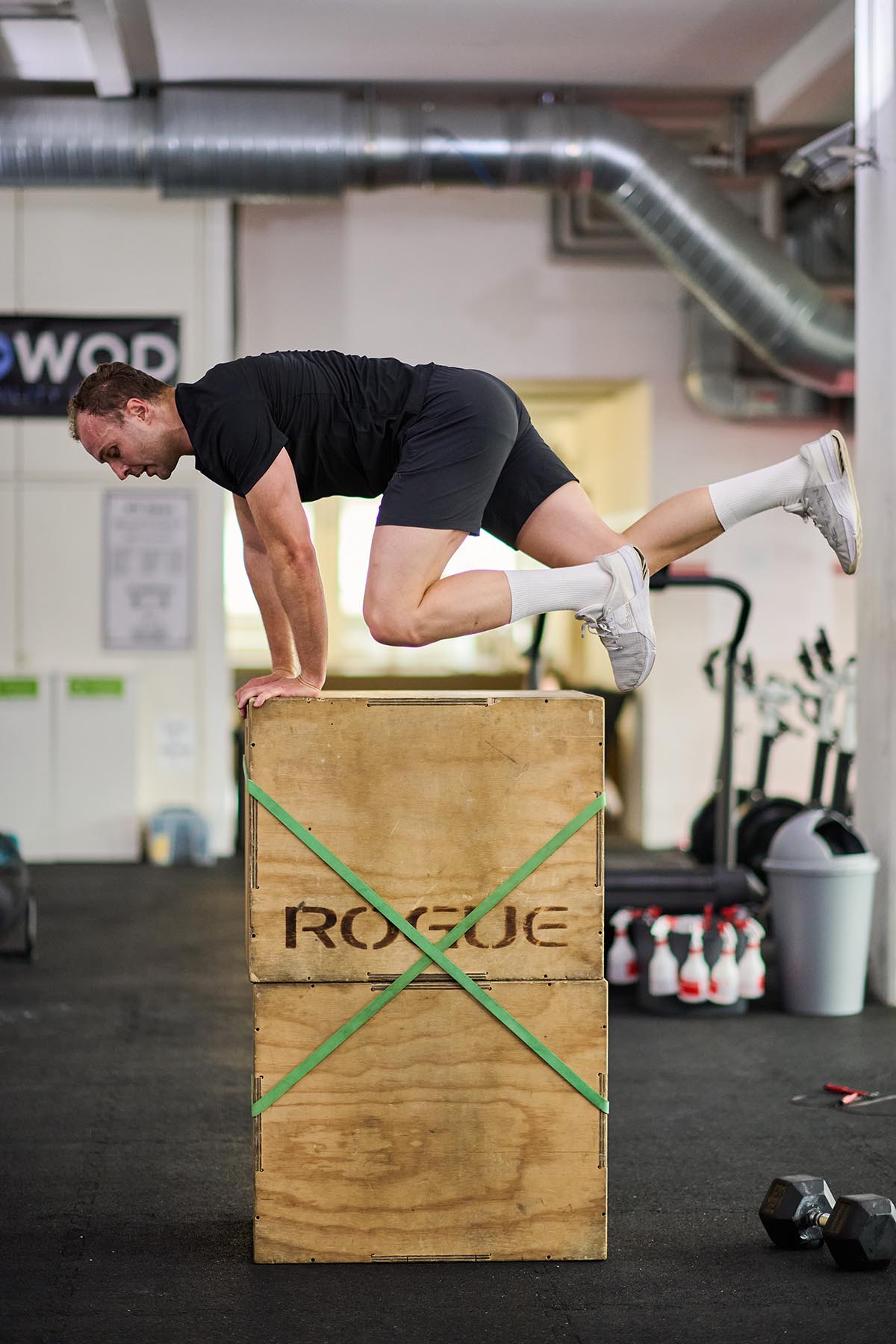The power of physical adaptation: How our bodies evolve and overcome challenges

“That which does not kill us makes us stronger.” This famous quote by Friedrich Nietzsche perfectly encapsulates the essence of physical adaptation. Our bodies are remarkable machines, constantly evolving to meet new challenges and environments. Physical adaptation refers to the changes our bodies undergo in response to specific stressors, such as physical training or prolonged inactivity, enhancing our ability to survive and thrive. Without a little suffering, there will be no adaptation that increases or even maintains your fitness. Staying in the comfort zone will make your body adapt to that.
What is physical adaptation?
Physical adaptation is the process by which the human body adjusts to external stressors. This type of adaptation is often observed in response to physical training or changes in lifestyle, such as a shift from active to sedentary habits. Unlike evolutionary changes, which occur over thousands of years, physical adaptations happen within an individual’s lifetime and are a direct response to the demands placed on the body.
When you engage in regular physical activity, your body responds by adapting to handle the increased workload. For example, if you begin a strength training program, your muscles will adapt by becoming stronger and more resilient. This adaptation occurs as your muscles undergo microscopic tears during exercise, which the body then repairs, leading to muscle growth and increased strength. Similarly, cardiovascular training leads to improved heart and lung efficiency, enabling you to perform aerobic activities with greater ease.
Conversely, if you lead a sedentary lifestyle, your body will also adapt—but in a way that may not be beneficial to your health. Muscles can weaken, bones may lose density, and cardiovascular fitness can decline. This is why staying physically active is essential for maintaining overall health and well-being.
The role of physical adaptation in fitness
Let’s start by defining fitness. Fitness is increased work capacity across broad time and modal domains. Fancy, right? What this simply means that fitness is increased when one can do more whether it to lift heavier, jump higher, run longer or tackle any kind of physical task.
Physical adaptation is a crucial concept for anyone looking to improve or maintain their fitness. The principle of progressive overload, a cornerstone of physical training, is based on the idea of gradual adaptation. By consistently increasing the intensity, duration, or complexity of your workouts, you challenge your body to adapt, resulting in improved strength, endurance, and overall fitness.
However, for physical adaptation to occur, there must be a level of discomfort or challenge. This is where Nietzsche’s wisdom comes into play: “That which does not kill us makes us stronger.” Pushing beyond your comfort zone is necessary for triggering the adaptive processes that lead to fitness gains. Whether it’s lifting heavier weights, running longer distances, or trying new exercises, these challenges force your body to adapt and grow stronger.
It’s also important to understand that adaptation is an ongoing process. Once your body has adapted to a certain level of activity, it will no longer be as challenging. To continue making progress, you must continually increase the demands you place on your body. This is why stagnation in a fitness routine can lead to plateaus, where no further improvement is seen. The key to continuous improvement is to keep pushing the boundaries of your physical capabilities.
The importance of physical adaptation for health and longevity
Physical adaptation isn’t just about fitness; it plays a critical role in overall health and longevity. Regular physical activity helps maintain muscle mass, bone density, and cardiovascular health, all of which are crucial for a long, healthy life. Without these adaptations, the body can become more susceptible to chronic diseases, such as heart disease, diabetes, and osteoporosis.
Moreover, physical adaptation has mental health benefits as well. Overcoming physical challenges can boost self-esteem, reduce stress, and improve mood. The resilience gained through physical adaptation often translates to other areas of life, making you better equipped to handle mental and emotional challenges.
Until the day a magic pill is invented for instant fitness and health, humans must work for their fitness, health, and longevity. Physical adaptation is a powerful tool in this pursuit, enabling us to overcome challenges and grow stronger, both physically and mentally.
Embracing physical adaptation for a healthier future
In conclusion, physical adaptation is a dynamic process that allows our bodies to respond to the demands we place on them. Whether through exercise, overcoming a sedentary lifestyle, or challenging yourself in new ways, embracing physical adaptation is essential for maintaining fitness, health, and overall well-being.
As Nietzsche’s quote reminds us, facing and overcoming challenges is what makes us stronger. By understanding and harnessing the power of physical adaptation, we can build healthier, more resilient bodies that are better equipped to thrive in any environment.
- Saara
About the author:

Meet Saara, a master athlete and a multifaceted professional with an impressive array of qualifications. With a commitment to promoting sustainable fitness and health, Saara balances her role as a business owner, mentor and mother of three, emphasizing the adaptable and enduring nature of CrossFit training that aligns with her life’s demands and aspirations.







